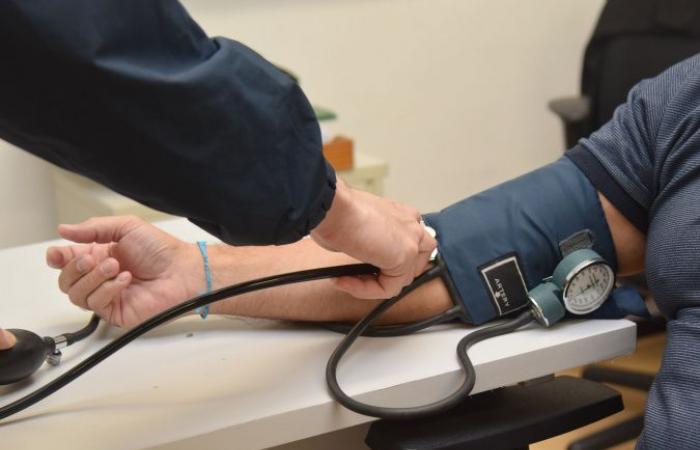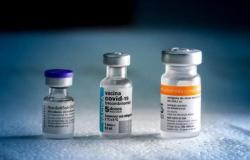
Known by a large part of the population as “high blood pressure”, arterial hypertension is a disease that can cause several health complications and hence the importance of adequate prevention and treatment. This April 26th, National Day to Prevent and Combat High Blood Pressure, the State Department of Health (Sesa) alerts the population of Paraná to take care of this disease, which, in most cases, does not generate symptoms.
Between 2019 and 2023, the number of consultations for hypertension in Primary Care in Paraná increased by more than 500%, from 868,538 consultations to more than 4.5 million last year.
Arterial hypertension is a multifactorial clinical condition and, for the majority of its course, is asymptomatic and silent, characterized by an increase in blood pressure above 120mmHg maximum pressure and 80mmHg minimum pressure. According to the National Health Survey (PNS), the prevalence in the population of Paraná increased from 21.1% in 2013 to 22.9% in 2019.
Among the main risk factors for high blood pressure are eating habits (a lot of salt consumption), overweight and obesity, physical inactivity, smoking, alcohol and, in some cases, genetic factors. Furthermore, it is still the main risk factor for Cardiovascular Diseases (CVD), acute myocardial infarction, stroke, chronic kidney disease and premature death.
It is recommended that all adults have their blood pressure checked at least once a year. The diagnosis is characterized by persistent elevation of blood pressure, measured with the correct technique, on at least two different occasions, in the absence of antihypertensive medication.
The treatment of high blood pressure is based on measures based on the use of medications associated with the adoption of healthier lifestyle habits.
Sandro Lopes, 51 years old, was diagnosed with hypertension five years ago. Since then, he has been taking medication to control his blood pressure. About a month ago he suffered a stroke and one of the causes was the pressure that rose too high, exceeding the recommended limits. “My arms and legs started to feel numb and I had a lot of tingling. It was sudden, at one moment I was fine and from one moment to the next everything happened. Fortunately, I didn’t have any after-effects, but now my blood pressure has become unregulated,” he recalls.
For people with the disease, Sesa highlights the importance of measuring blood pressure and regularly monitoring their health condition, as well as controlling risk factors that are fundamental and help prevent complications and worsening of high blood pressure.
DATA – In Brazil, according to the 2019 National Health Survey (PNS), the most recent released by the Ministry of Health, high blood pressure affects 23.9% of Brazilians, being more common among women (26.4%) than in men (21.1%). The prevalence tends to be higher with increasing age, with 52.5% among people over 60 years of age and 62.1% among individuals aged 75 years or over.
PREVENTION – In order to assist in the treatment and prevention of the disease, Sesa adopts the Chronic Conditions Care Model (MACC) in order to improve the resolution of care for users with high blood pressure, through risk stratification of people with the condition. disease to provide adequate treatment and monitoring.
Within this strategy, the Arterial Hypertension Guideline was created, with the aim of instrumentalizing and guiding the work of the Primary Care team for comprehensive health care for people with this chronic condition, based on risk stratification, which directs the interventions and guides the sharing of care with Specialized Outpatient Care (AAE). It includes comprehensive care for people with high blood pressure, as well as collective and preventive actions to promote health and quality of life.
RECOMMENDATION – The main recommendations are to reduce salt consumption in food, which means eating less processed and industrialized foods; practicing regular physical activity; avoid alcohol consumption; and don’t smoke. Self-care is a fundamental strategy for treatment, in addition to promoting quality of life and well-being.
Tags: Department Health reinforces actions hypertension affects population
--




